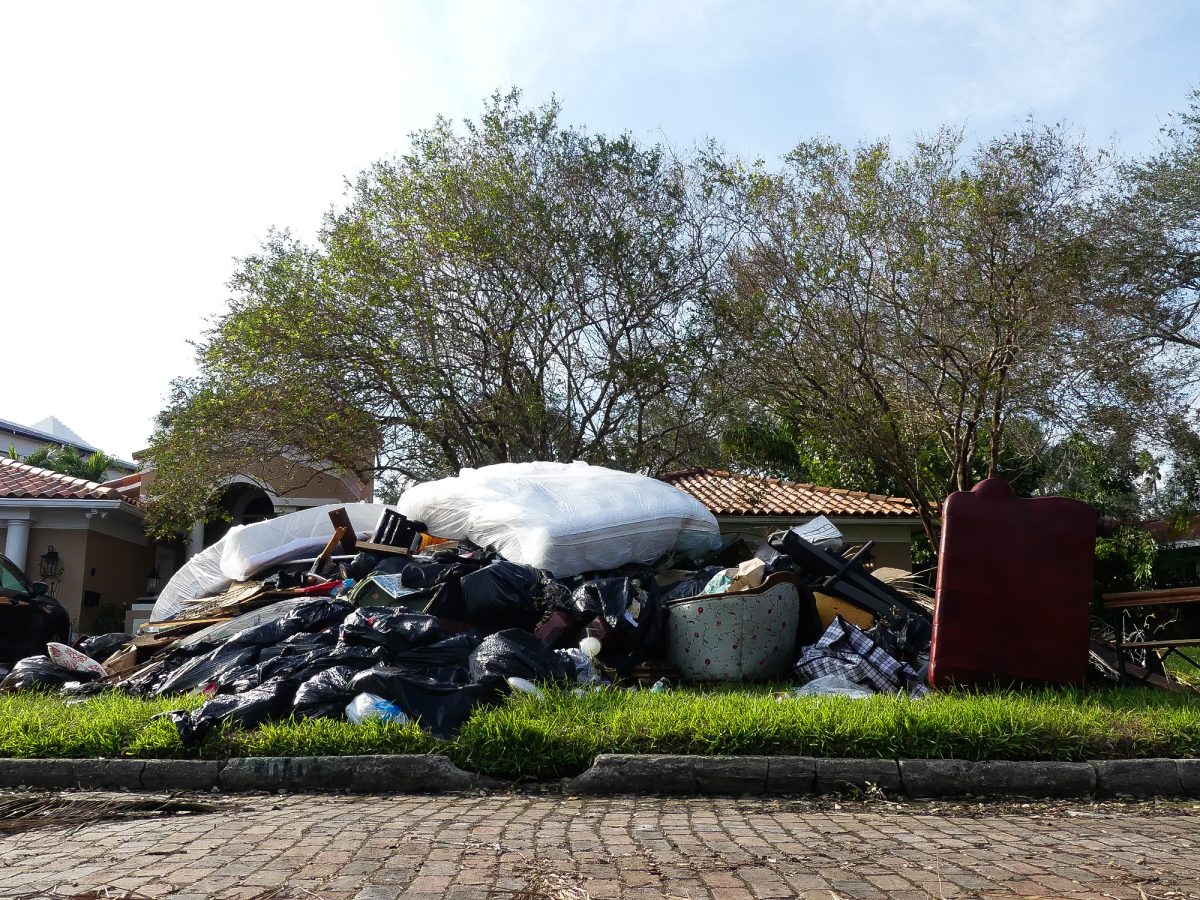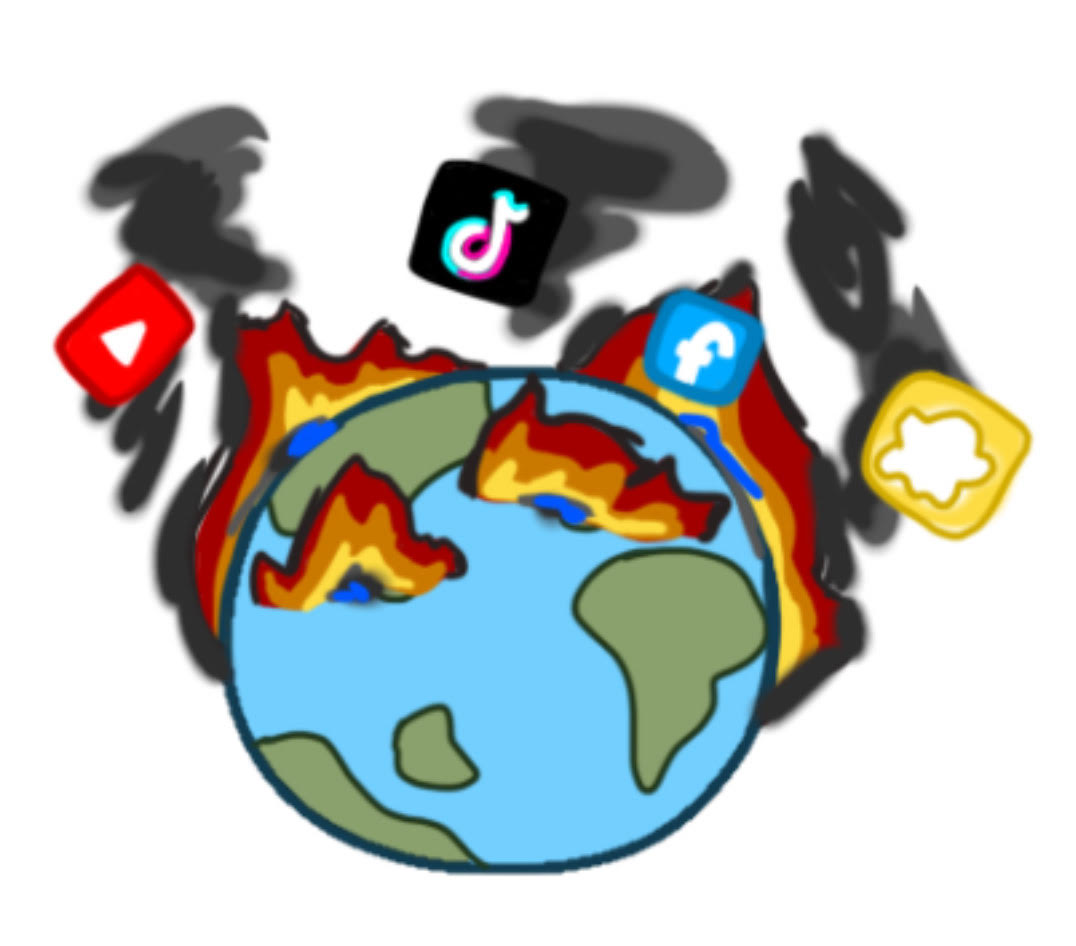I tend to find myself in the center of an astounding number of conversations surrounding social media. It seems to be the one and only thing teenagers can talk about these days. Because of this, I’m often faced with intrigue and downright fascination once I mention I deleted TikTok after the recent ban. Then they ask me, “Okay, then what do you do in your free time?” and “You know it’s back in the app store, right?”
While I understand not wanting to listen to someone preaching about deleting your favorite pastime, I can say with confidence that deleting TikTok and Instagram hasn’t plunged my social life down the drain. Without the apps, I can still talk to my friends outside of school, meet new people, and even keep up with the latest trends. After all, I’m sure plenty of people have seen the eccentric and trendy nails I sport on a daily basis as well as the Jellycats adorning my accessories. I promise, deleting social media won’t turn you into a hermit.
TikTok, an app known for connecting like-minded people and sharing videos with millions, has quietly embedded itself into the daily lives of nearly every young person. On the surface, it’s pure entertainment, but beneath that, TikTok has become anything but fun.
Data collected by research assistant Fabio Duarte for Exploding Topics shows that users spend an average of 23 hours and 30 minutes on TikTok each month and 58 minutes each day.
Interested in developing my own study, I asked four of my peers to share their TikTok screen times with me, focusing on a certain day. All of their data combined showed they spent almost 11 hours total on the app in just one day. If this doesn’t give you a wake-up call, I don’t know what will.
Though it might seem like the app offers a safe space for people to share their interests, the influx of influencers has caused a migration within the app, which now allows creators to be paid by brands and companies to promote certain products.
While this might seem like a benefit for those who dream of a large following and several digits in their bank account, a majority of the time it results in insincerity and lies in order to make money.
A glaring example of this insincerity happened days before the recent ban. Some TikTok influencers participated in a common trend of lip-syncing to a popular audio and admitting to something shameless they had done with their platform. The videos ranged from harmless inside jokes to some fully admitting to lying about who they were as a creator.
A couple of fitness influencers even went as far as to shamelessly confess their “gym progress” was the result of cosmetic treatments and enhancements. The trend might’ve seemed innocent to the ones posting, but it was likely devastating to some of their fans. This fuels the lack of trust that we as a generation have as a whole.
While TikTok isn’t the only social media platform that has lost its appeal to me, it’s the one my peers question the most. With my deletion of TikTok, I also deleted the Instagram app (yet I still keep my account up for other purposes). But make no mistake, Instagram is just as harmful. Don’t even get me started on the spread of misinformation.
From photoshopping to filters, Instagram presents itself as an app lacking authenticity from the jump. Just swiping over to your explore page can cause several carefully inspected and closely edited photos to appear, making young kids—and even adults—feel self-conscious. What they might not know, however, is the influencers posting don’t quite look like that in real life.
One final problem that seems to stick in the heads of anti-social media junkies—like myself—is the appeal to capitalism and consumerism. TikTok has even blatantly added a feature called “TikTok Shop,” so viewers can immediately purchase the newest thing their favorite influencer has promoted with-out having to leave the app.
With the mass production of goods and constant purchasing of products, the Earth is constantly being populated with downright junk. The production of clothes has globally doubled since the year 2000, just three years after the first social media platform was created.
With the now limitless promotion of goods, consumerism has become rampant, especially amongst social media users and doesn’t appear to be stopping anytime soon.
While I understand the appeal of wanting a form of escapism after a grueling day, social media is constantly spiraling downhill and doing more harm than good.
My advice—to those who feel they need it—is to ditch social media and throw your phone in a nearby river. Maybe one day you can spare to lose a couple of funny videos to reap the benefits of a happier and healthier life.




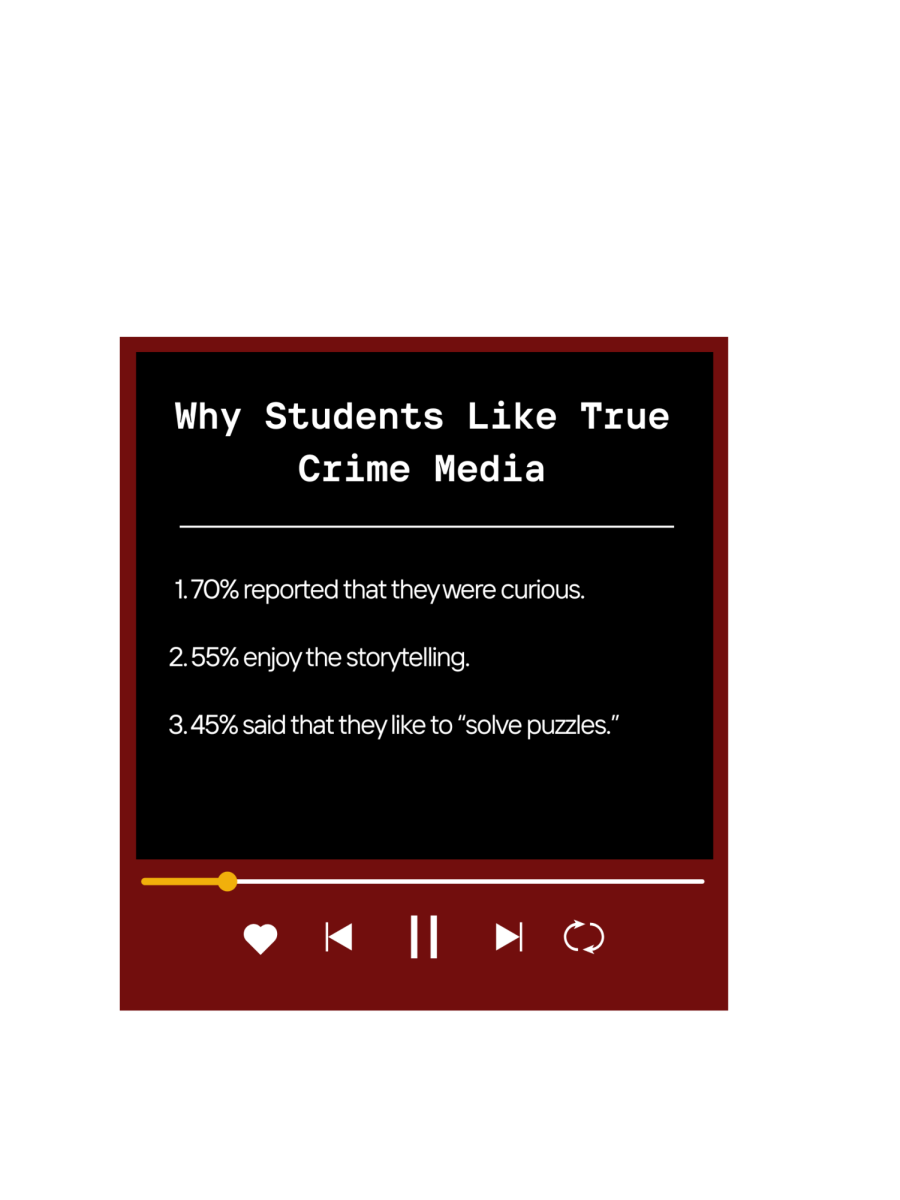
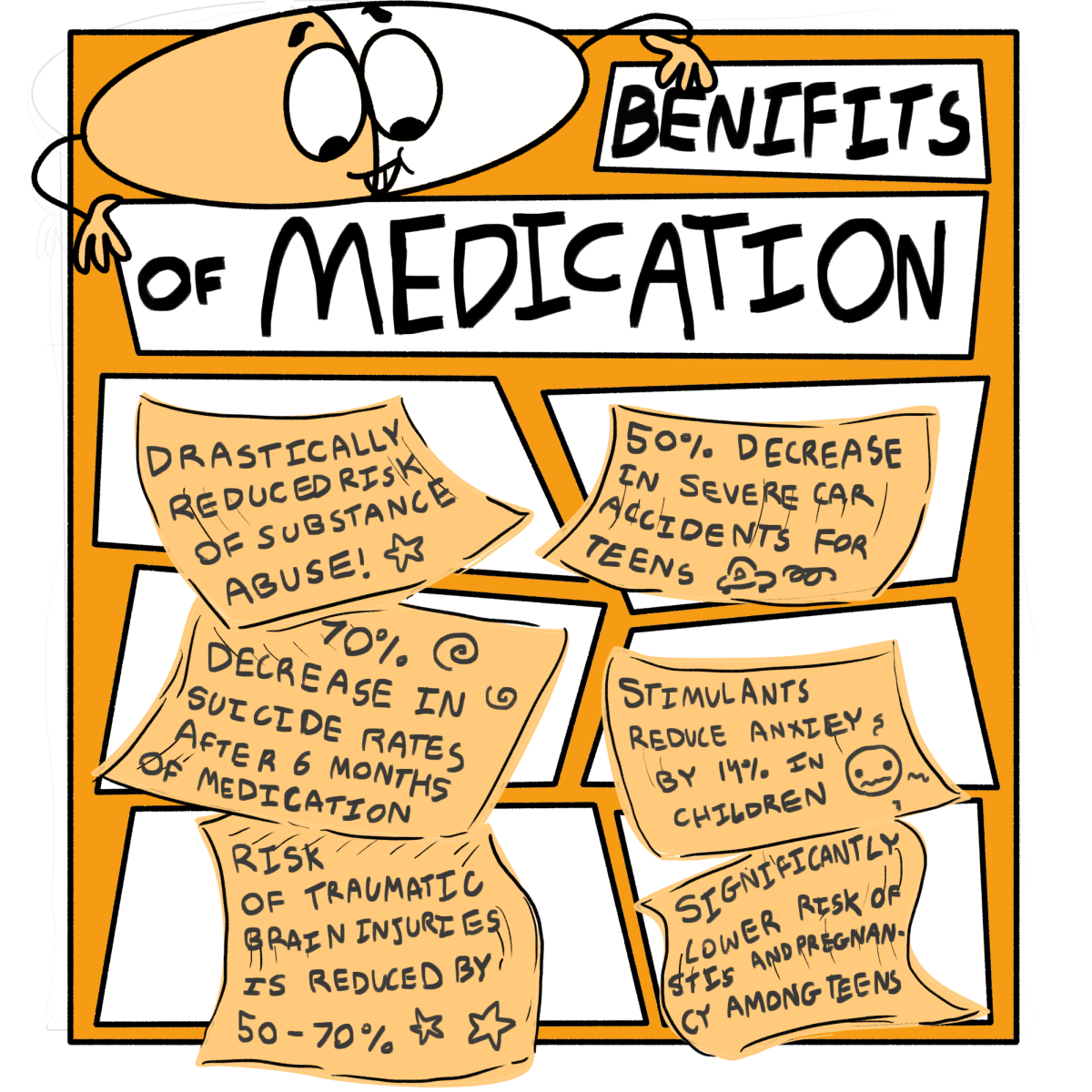
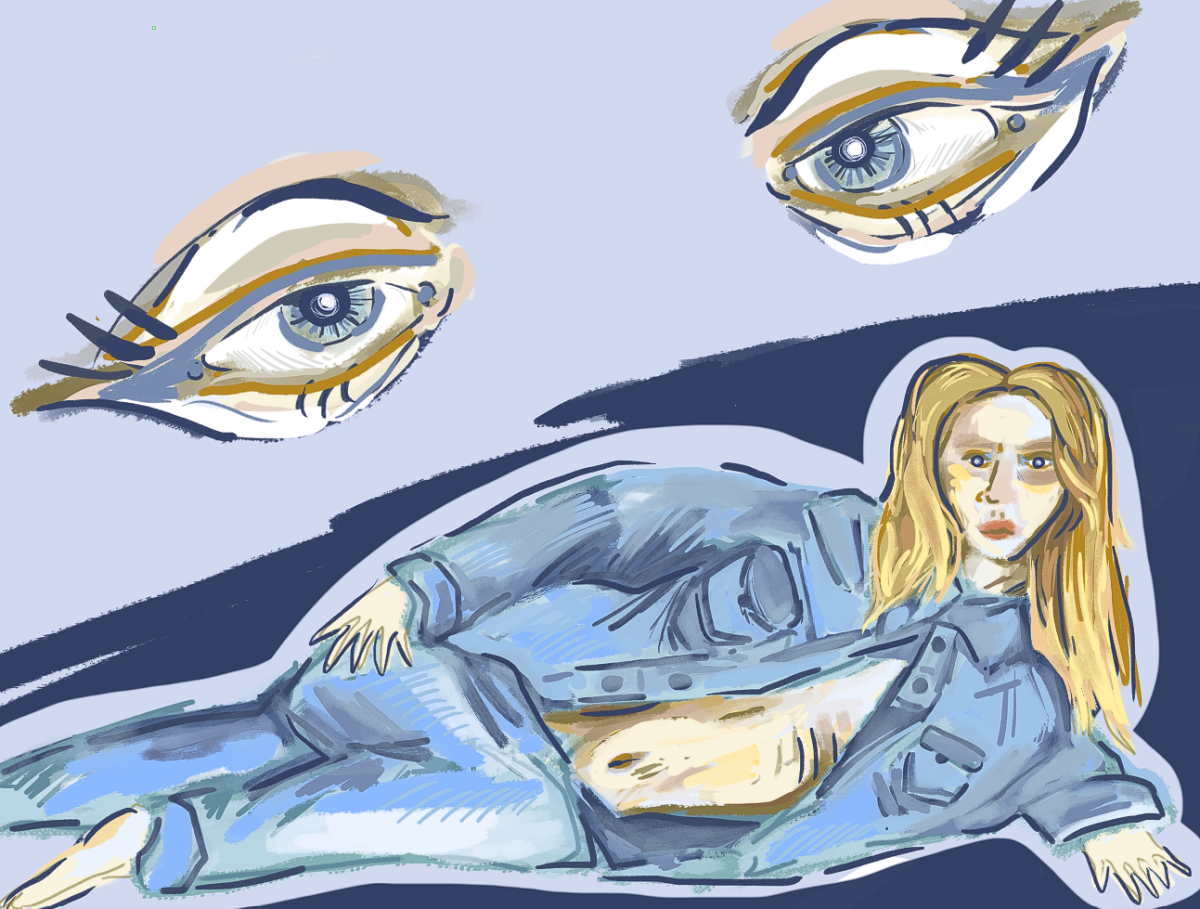




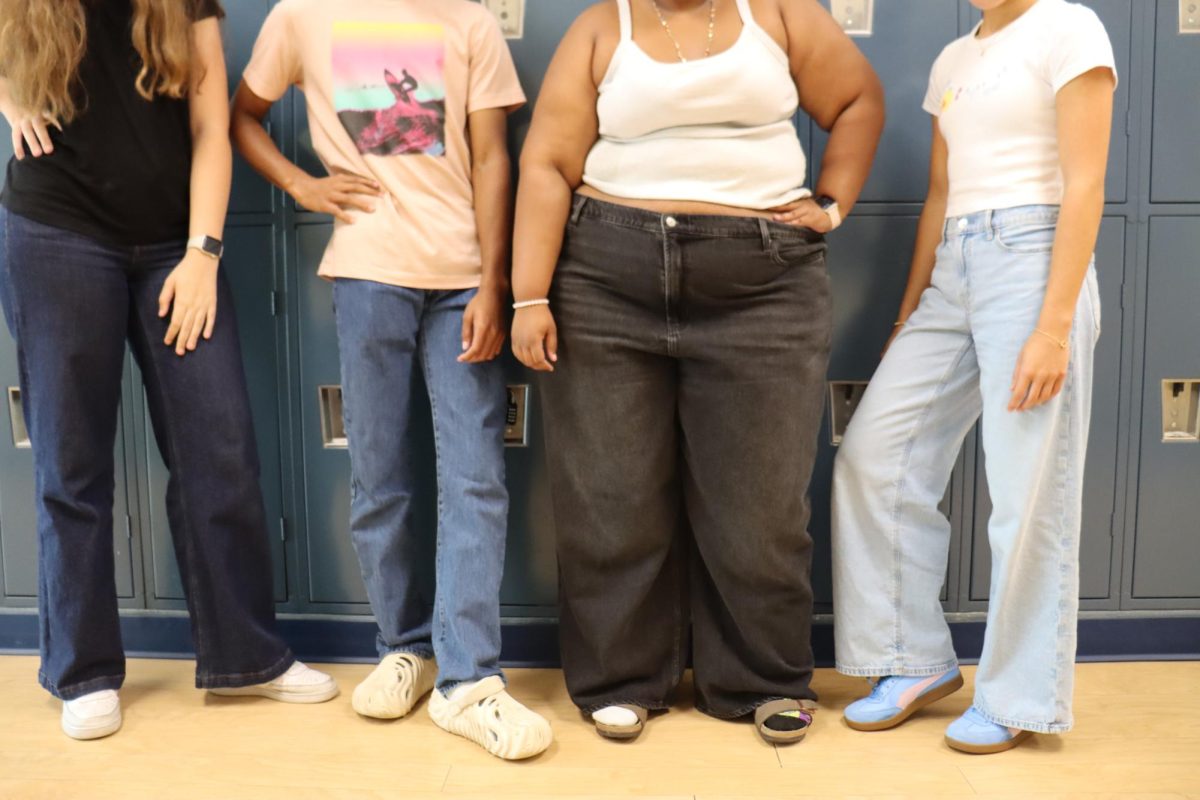






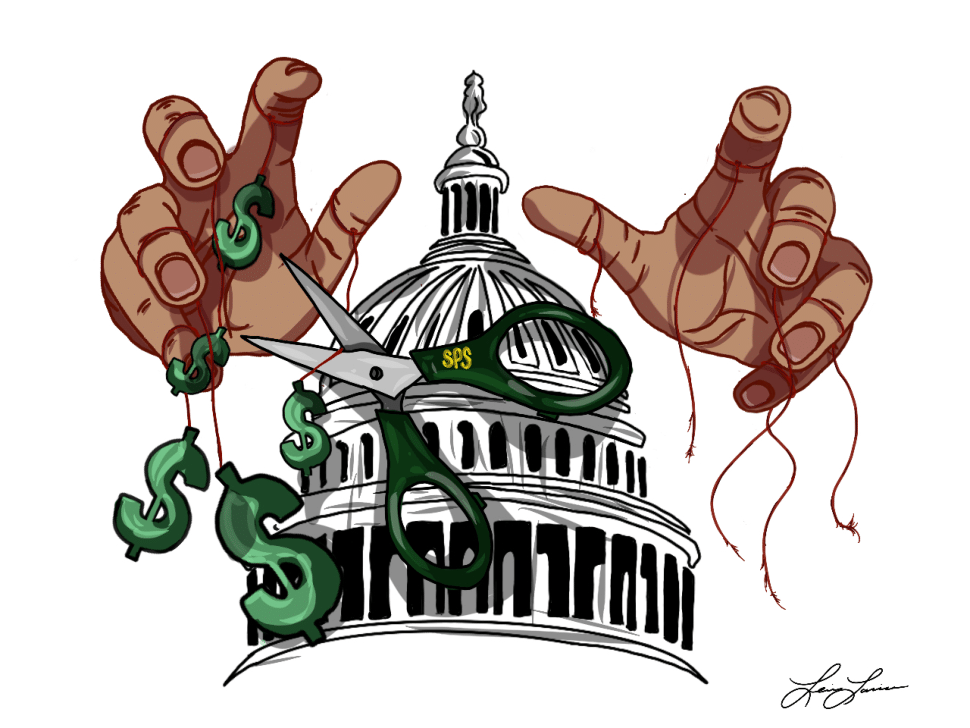








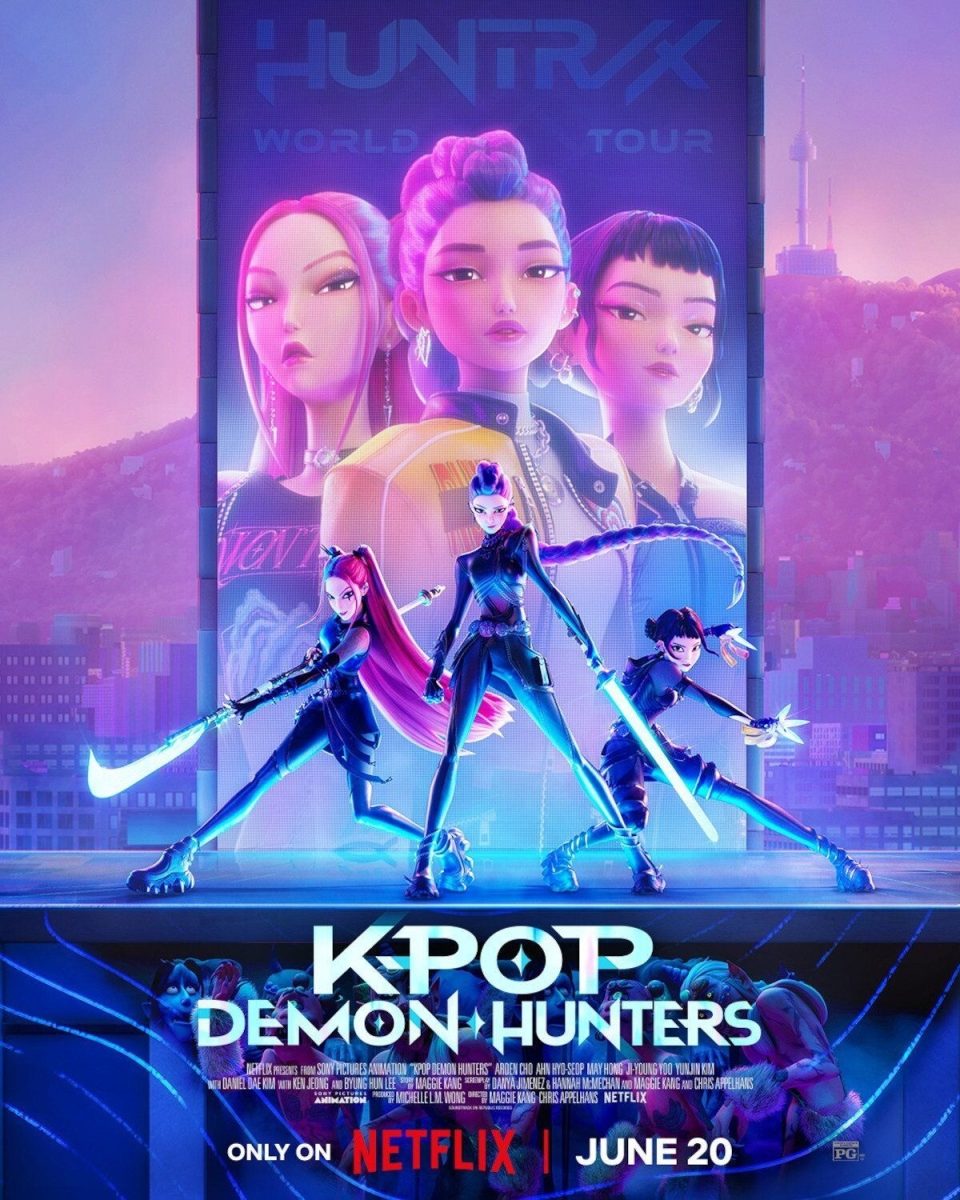






![Thespians pose on a staircase at the District IV Thespian Festival. [Front to back] Luca Baker, Maddison Cirino, Tanyiah Ellison, Alex Lewis, Summer Farkas, Jill Marcus, Ella Mathews, Sanjay Sinha, Isabella Jank, Sofia Lee, Boston Littlepage-Santana, Sally Keane, Tyler Biggar, Tanner Johnson, Jasper Hallock-Wishner, Remy de Paris, Alex Jank, Kaelie Dieter, and Daniel Cooper. Photo by Michael McCarthy.](https://spschronicle.org/wp-content/uploads/2024/12/image1-900x1200.jpg)

